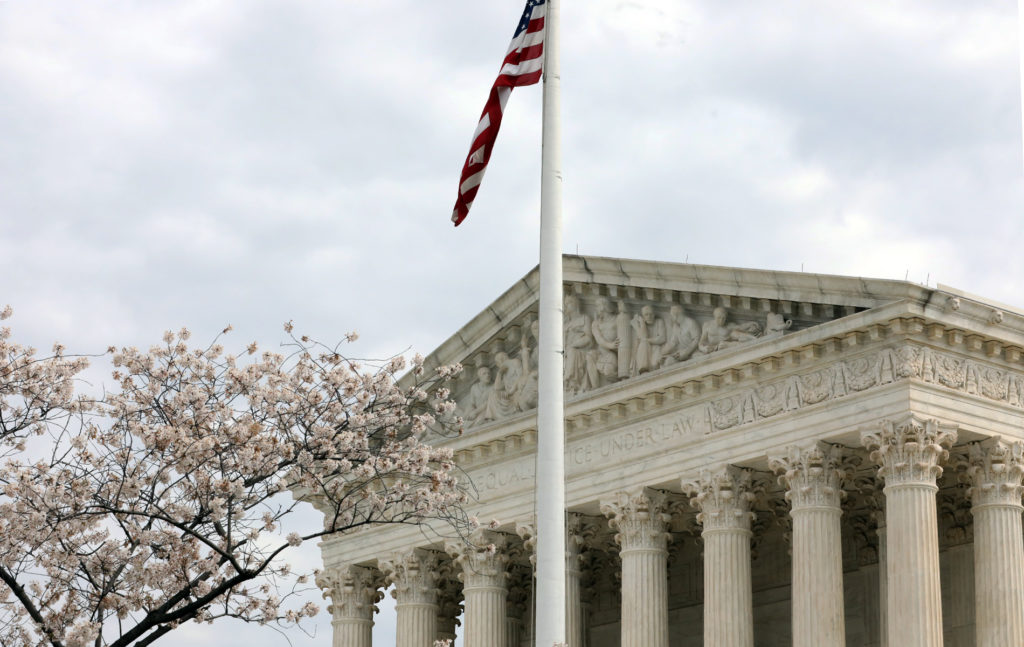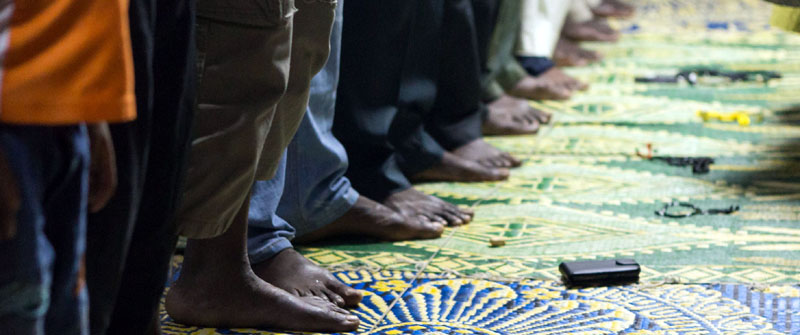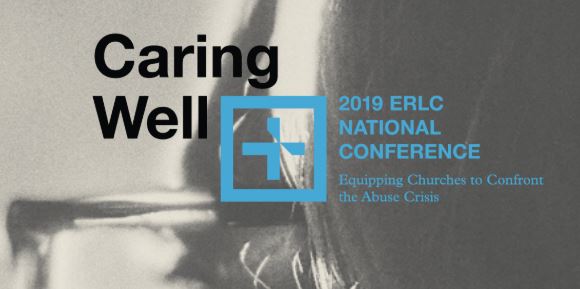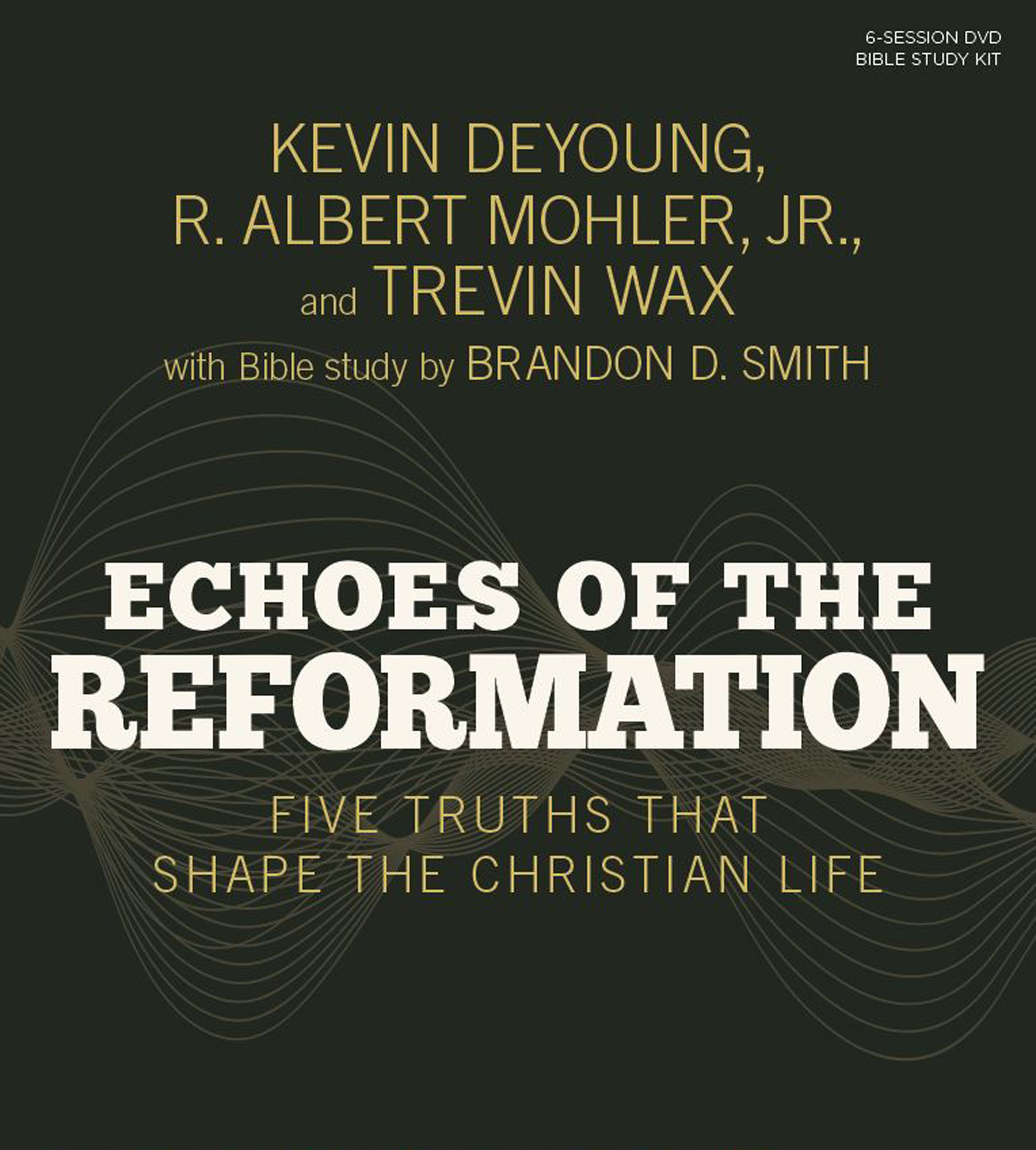
WASHINGTON (BP) – The U.S. Supreme Court handed down five different rulings in June that represented victories for Southern Baptist policy priorities.
The cases involved a variety of Southern Baptist areas of concern including upholding religious liberty, protecting minors from pornography, defunding Planned Parenthood and protecting minors from harmful gender transition treatments.
In each of the cases, the Ethics & Religious Liberty Commission (ERLC) was actively involved by joining amicus briefs, including two they authored themselves. The ERLC also released explainer articles in anticipation of each case and in response to each ruling.
Catholic Charities Bureau, Inc. v. Wisconsin Labor & Industry Review Commission
The Supreme Court unanimously ruled June 5 that the Catholic Charities Bureau (CCB), a Catholic benevolent ministry, qualifies for a tax exemption granted to churches.
The decision said CCB and its subsidies are eligible to enroll in the Wisconsin Bishops’ Church Unemployment Pay Program (CUPP), which the plaintiffs argued is more efficient, less costly and provides the same benefits as the state’s unemployment insurance program.
The Court ruled that Wisconsin’s court erred and violated the First Amendment when it determined the CCB, which provides various social services to a host of needy communities as the social ministry arm of the Diocese of Superior in Wisconsin, did not qualify for an exemption from the state’s program because they do not operate for religious purposes.
The ERLC joined a host of other religious denominations in filing an amicus brief in the case on Feb. 4 urging the High Court to rule in favor of the Catholic ministry.
“When the state tries to define what constitutes religious ministry and activity, it is not only working well beyond its boundaries, it is trampling all over the First Amendment,” Leatherwood said, affirming the ruling as a win for religious liberty.
“Southern Baptists will rightly understand this ruling affirms what we know to be true: that we need to be able to freely share the gospel and live out the tenets of our faith—like offering a hot meal to someone in need, a stable home for vulnerable children, or a helping hand to those in disaster zones—without fear of being bullied into adopting the government’s erroneous view of what that should look like.”
United States v. Skrmetti
In a historic decision, the U.S. Supreme Court ruled June 18 that a Tennessee law banning gender transition medical treatments for minors is constitutional.
The law, known as Senate Bill 1 (S.B. 1), prevents healthcare providers from prescribing medication or performing procedures on minors in order to “transition” them to an identity opposite of their biological sex.
The case involved a suit brought by three transgender teenagers and the Biden Administration against Tennessee officials, including Attorney General Jonathan Skrmetti, seeking to bar the state from enforcing its ban on gender transition interventions or so-called “gender affirming care” for minors.
The Supreme Court ruled that Tennessee’s law does not violate the Equal Protection Clause of the 14th Amendment and is subject only to rational basis review, rather than heightened or strict scrutiny review.
The 6-3 decision, authored by Chief Justice John Roberts, argues that S.B.1 incorporates two classifications, age and medical use, rather than sex.
The law does not completely ban these medications or procedures for other medically necessary uses like precocious puberty, which the justices used to conclude the ban was for strictly medical purposes. And consenting adults can still opt to receive these medications or procedures for the purpose of gender transition. Therefore, the challengers’ “sex discrimination” argument was rejected by the Court.
The High Court’s ruling provided necessary clarity for legal challenges to similar laws in 26 other states.
Leatherwood called the decision a “landmark ruling,” and identified the case as the ERLC’s highest judicial priority for this term of the High Court.
Last year the ERLC, alongside the Tennessee Baptist Mission Board, filed an amicus brief in the case supporting the Tennessee law.
TBMB President Randy Davis called the decision “a monumental statement in favor of protecting our youth and children.”
Additionally, the ERLC hosted an event at the 2025 SBC Annual Meeting featuring Skrmetti, along with Alliance Defending Freedom Senior Vice President Ryan Bangert, discussing the monumental nature of the case and the potential effects of the upcoming decision on churches.
“When a child needs to be protected, states have a right to step in with common-sense laws to save that child from harm,” Leatherwood said about Tennessee’s law.
“The protection of children from harmful transgender surgeries and interventions is not only an entirely appropriate action by the state, it is desperately needed in a culture that believes a person’s identity can be divorced from biological realities simply on a whim.”
Medina v. Planned Parenthood South Atlantic
The Supreme Court ruled June 26 that South Carolina can continue its effort to defund Planned Parenthood by barring abortion clinics in the state from participating in Medicaid programs.
The case involved South Carolina officials asking the justices whether a Medicaid beneficiary and Planned Parenthood have the right to sue on the matter. Eunice Medina, director of South Carolina’s Department of Health and Human Services, was named as the petitioner in the case.
The Supreme Court’s 6-3 decision in favor of South Carolina states that the Medicaid Act’s “any-qualified-provider” provision, which gives Medicaid recipients the ability to choose their provider, does not give beneficiaries the right to sue when the state excludes their preferred provider, like Planned Parenthood. Federal law currently prohibits Medicaid from funding abortions except in cases of rape or incest, or to save the life of the mother.
The decision explains this provision in the Medicaid Act does not contain “rights-creating language” in terms of allowing citizens the choice to receive medical services from abortion providers.
Therefore, Planned Parenthood and fellow defendant Julie Edwards (a Medicaid recipient seeking to utilize PP services) do not have the right to file a Section 1983 lawsuit, which is a civil lawsuit allowing individuals to sue state and local government officials for violating their constitutional rights or federal statutory rights.
Leatherwood called the ruling “a major win for protecting vulnerable preborn lives.”
“By excluding abortion providers from its Medicaid program, South Carolina rightly reflects its citizens’ values in its public health funding,” he said. “The Court’s ruling will support other states as they seek to deny Planned Parenthood and other abortion providers taxpayer money.”
Other states that have enacted laws blocking Planned Parenthood from receiving Medicaid funding include Arkansas, Missouri, Mississippi and Texas.
The ERLC filed an amicus brief supporting South Carolina in February.
Planned Parenthood is now engaged in a battle to receive federal funding, as a federal judge on Monday (July 7) granted a request from the abortion giant to temporarily block the Medicaid funding cuts included in the recent “Beautiful Big Bill” approved by Congress and signed by President Donald Trump.
The ruling, from Judge Indira Talwani in Massachusetts, applies only to Planned Parenthood while allowing the discontinuation of funds to other abortion providers. However, there are few such providers that are not affiliated with Planned Parenthood.
Miles Mullin, vice president of the ERLC, called Planned Parenthood’s legal action “not surprising.”
“Planned Parenthood is not going to quietly acquiesce to losing nearly $2 million a day in taxpayer dollars that funded its diabolical efforts prior to the passage of the Big Beautiful Bill,” Mullin said.
“We’re hopeful this court action will be overturned quickly so that this legislation, which was properly passed, can take effect and more babies can be saved.”
Mahmoud v. Taylor
The Supreme Court ruled June 27 that parents of public-school children in Montgomery County, Md., have a right to opt their kids out of classroom reading times with books the school board labels as “LGBTQ inclusive.”
These books were introduced as part of a new curriculum in 2022 that included more than 20 new inclusivity books for pre-K through eighth-grade students. They promote storylines that teach gender is more a construct than a biological fact and same-sex marriage is acceptable.
The school board’s opt-out option for students was discontinued a year after the curriculum was introduced, leading a coalition of more than 300 Christian, Muslim and Jewish parents to file a lawsuit. Tamer Mahmoud, the petitioner in the case, is a Muslim Montgomery County parent, while the defendant in the case is Thomas Taylor, Montgomery County superintendent.
The coalition of parents claimed the board reversed decades of policy when it withdrew a previous commitment to tell parents when such curricula would be included and to allow parents to opt their children out of instruction at those times.
The Supreme Court’s 6-3 decision sided with the parents, granting them a preliminary injunction and restoring their right to opt their children out of these storybook times.
The decision states that the school board’s introduction of the inclusivity books, their decision to withhold notice from parents and then forbid opting out of the program “substantially interferes with the religious development of petitioners’ children.”
ERLC was among 10 faith groups siding with the parents in an amicus brief submitted in March.
“I’m encouraged by the Court’s ruling to protect the rights of parents to raise their children according to their deeply held convictions, even as they are educated in public schools,” Leatherwood said.
“As the primary teachers of their home, parents should have the right to opt their children out of curriculum that actively undermines their religious convictions regarding marriage, family, gender, and sexuality. Religious families should be accommodated so that parents do not have to worry that their children will be indoctrinated in an educational setting.”
Free Speech Coalition v. Paxton
The United States Supreme Court ruled June 27 that a Texas law requiring age verification for adult websites is constitutional.
The law in question, Texas House Bill (H.B.) 1181, requires websites to verify users are at least 18 years old if at least one-third of their hosted content is considered “harmful to minors,” such as pornography.
The Texas law additionally requires websites to include a warning describing the harmful medical and societal effects of pornography consumption. The bill, which passed in June 2023, does not apply to internet service providers, search engines or social media sites.
The legislation is one of 20 such laws passed in various states aimed at protecting minors from pornography.
The case involved an adult industry trade organization, a group of pornographic websites and other plaintiffs suing the state of Texas to prevent the law from taking effect. Texas Attorney General Ken Paxton was named as the defendant in the case.
The challengers, who filed suit just a month after the bill was passed, argue the law places a burden on adults’ access to content they believe is protected by First Amendment free speech.
The Supreme Court’s 6-3 decision rejected the challengers’ strict scrutiny argument, saying the Texas law only has an “incidental” effect on free speech.
Leatherwood described the Texas law as “common sense,” and spoke to the impact the High Court’s ruling will have on similar laws around the country.
“Combatting the porn industry on behalf of kids is constitutional. That’s the takeaway from this High Court decision upholding a common-sense law that protects children from harmful pornographic materials,” Leatherwood said.
“Age-verification requirements are an entirely appropriate and constitutional tool in a digital age. Moreover, they represent the bare minimum we should expect in a nation that wants its youngest generations protected from a predatory and dehumanizing industry.”
The ERLC filed an amicus brief in the case in Nov. 2024 alongside the Southern Baptists of Texas Convention (SBTC) and the Baptist General Convention of Texas (BGCT).
The ERLC’s brief appealed to the 2001 SBC resolution “On The Plague Of Internet Pornography” and the Baptist Faith and Message 2000 to illustrate Southern Baptists’ stance on the dangers of pornography, especially for minors.























